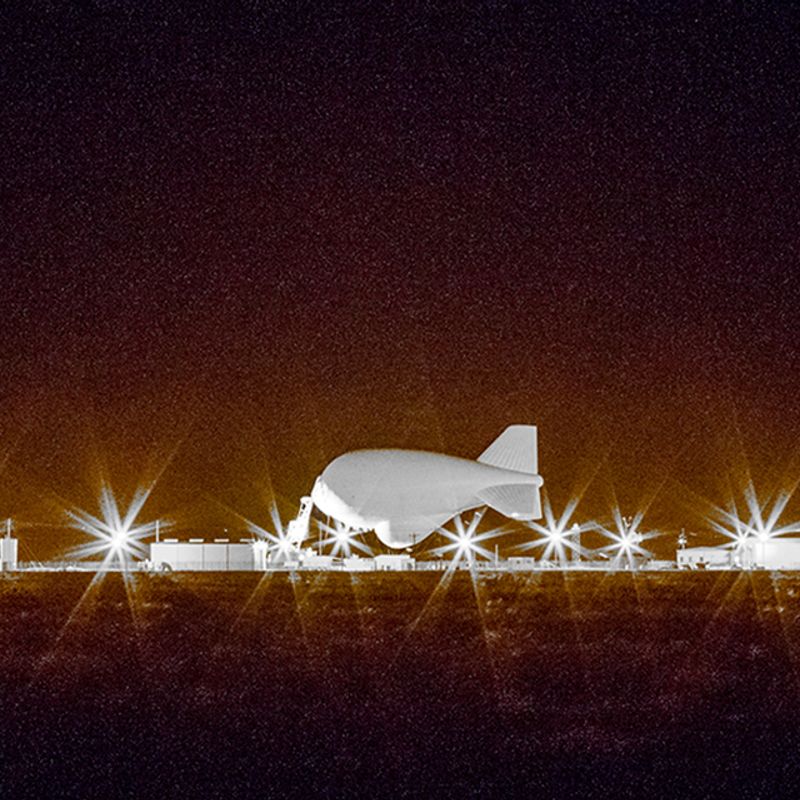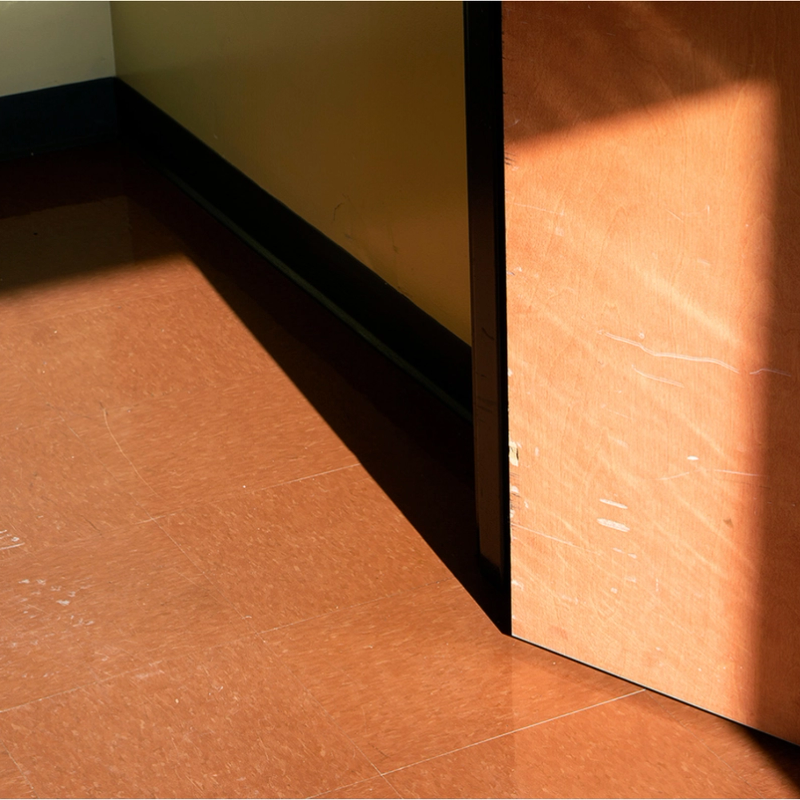El vado
by José WatanabeSi vas por la playa donde se vadea el río
verás,
plantadas en el limo,
largas varas de eucalipto. Están allí
para los caminantes que van a la otra ribera.
Una será tu cayado:
con ella tantearás, sin riesgo, un camino
entre las aguas turbias
y las piedras de resbaloso musgo.
Cuida de dejar hundida la vara
con gratitud
en la otra orilla: otro viene:
acaso mi padre
que en las tierras amarillas busca sandías silvestres,
acaso yo
que regreso, retrasado y viejo,
mirando ansioso mi pueblo que tras el río
ondula o se difumina en el vaho solar.
Allí,
según costumbre, sembraron mi ombligo
entre la juntura de dos adobes
para que yo tuviera patria.
Deja el cayado clavado en el limo.
The Ford
#
translated from the Spanish by
Michelle Har Kim
If you walk along the beach where the river shallows
you will see,
stuck in the mud,
long poles of eucalyptus. They are there
for travelers headed to the opposite shore.
One will be your staff:
with it you’ll feel out, without risk, a path
across the turbid waters
and the rocks slick with moss.
Take care to leave the stick firmly planted
with thanks
at the other shore: here comes someone:
maybe my father
looking for wild watermelons in the yellow lands,
perhaps it’s me
who returns, belated and old,
eagerly watching the pueblo that across the river
diffuses or ripples in the vapor of the sun.
There,
following tradition, they sowed my umbilical cord
between two bricks of adobe
so that I might have a country.
Leave the staff plunged into the mud.

